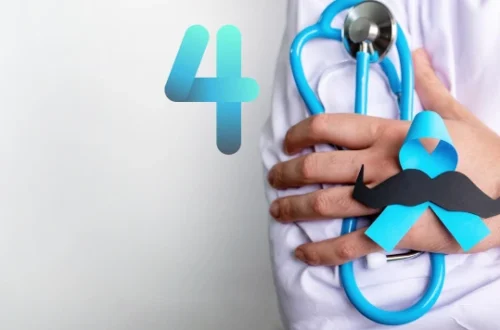Will I Have The Same Menopausal Symptoms As My Mother And Sisters?
Menopause is one of those stages in every woman’s life when her body goes through some dramatic changes. The typical age for the onset of menopause is between 45-55. A variety of variables influence the onset of menopause and the symptoms associated with it. Read on to learn more about the influence of genetic and […]










